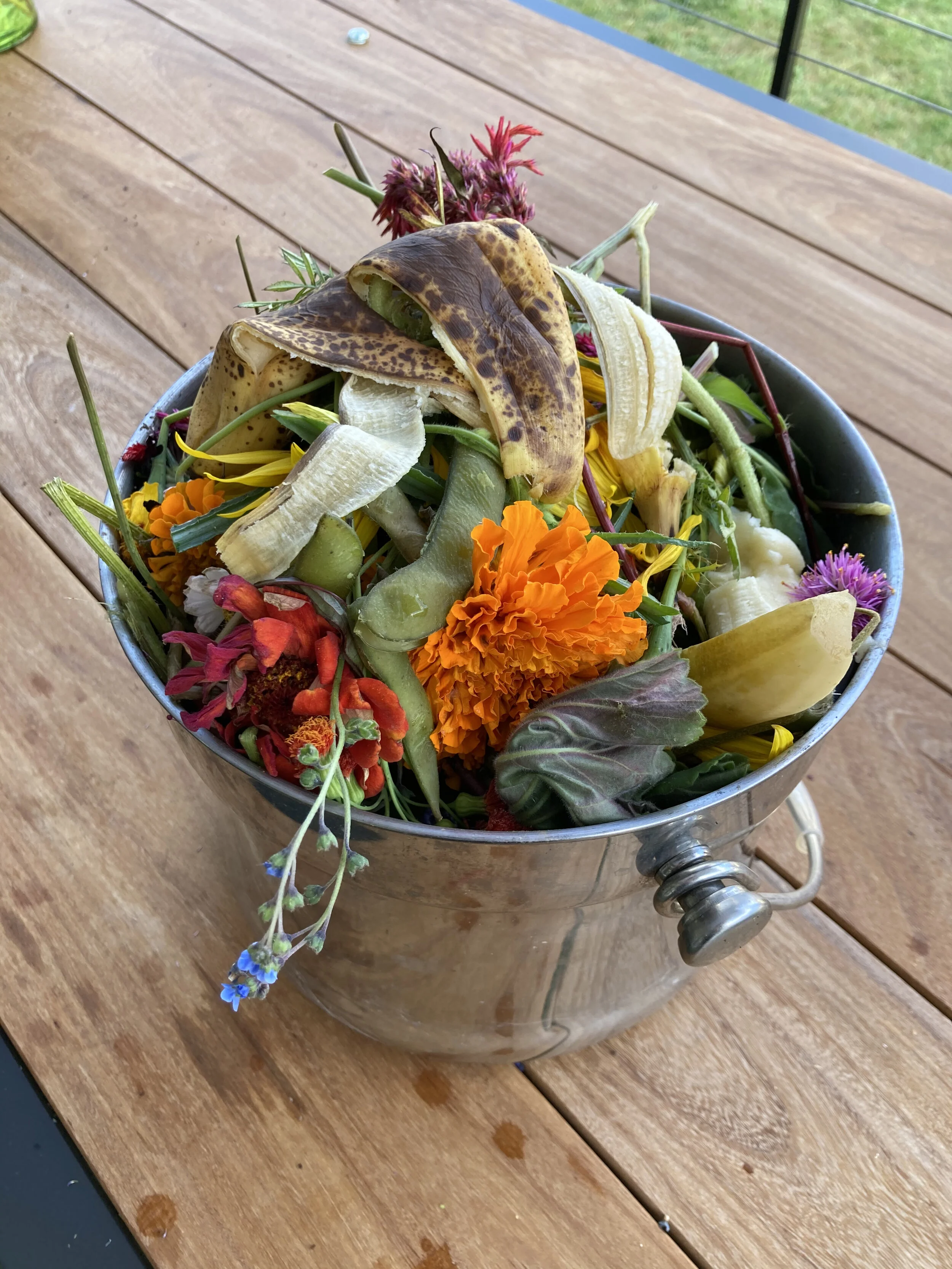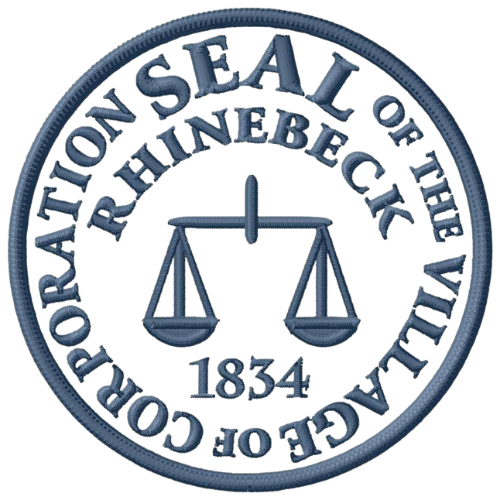
Compost
Food scraps and other biodegradables are not trash.
They’re a resource.
Feasibility Study for a Municipal Compost Pilot
Spring 2021 through fall 2021, the Village was lucky to have RIT’s Pollution Prevention Institute (P2i) staff lead us through an evaluation of options for food scrap collection and composting. The Compost Subcommittee used this research to craft a pilot proposal for the Village Board.
While home composting is the ideal way for residents to handle food scraps, realistically, not every resident will do it. And, we have local restaurants and other companies and organizations that aren’t able to compost on site. How can we divert these food scraps from the landfill?
We researched best practices in other NY municipalities, surveyed stakeholders and community members, and evaluated options for collecting and processing food waste. You can check out this toolkit P2i published, to get a sense of their approach.
Goal Statement for the Feasibility Study:
As part of its climate smart efforts, the Village of Rhinebeck will develop an engaging and effective public food scrap diversion program that reduces greenhouse gases at landfills and builds healthy soil—ultimately becoming a model for others in our region.
In nature there is no such thing as waste. What is no longer needed gets reabsorbed back into the system.
When composting, you:
reduce the amount of garbage you send to the landfill by about 30%—maybe even save money by reducing the frequency of your pickups or runs to the transfer station
lessen your household greenhouse gas footprint (calculate it at footprintcalculator.org/home4 )
produce compost for your landscaping, potted plants, and garden beds
just might find that your trash is less stinky and fruit-fly infested!
Home Composting
Home composting is the most environmentally friendly way to handle inedible food scraps. Doing it right in your backyard means you’re not adding the additional emissions associated with transporting the food scraps to a composting site and you can use that compost to build healthy soil right in your yard.
Benefits:
Compost encourages the production of beneficial bacteria and fungi that break down organic matter to create humus, a rich nutrient soil-like material beneficial to plants.
Compost enriches soil, by providing spaces in the soil to hold and retain air and moisture and suppressing plant diseases and pests. It is not a fertilizer but makes soil better able to absorb existing nutrients from soil by providing a healthy community of soil organisms.
Compost reduces the need for added water and fertilizer.
Backyard composting provides storage for CO2 and reduces methane production both in the home garden and at the landfill.
Cecily Frazier, Rhinebeck Village resident and Master Gardener Volunteer, put together this 1-2-3 Guide to Home Composting.
Click the button below to read the guide.
The Compost Subcommittee
We are part of the Village of Rhinebeck’s Climate Smart Communities Task Force:
Mary Burns
Dorna Schroeter
Katherine Killeffer
Liz Roth
Vanessa Bertozzi, Village Trustee
In 2022, we ran a municipal compost pilot:
Benefit our community. Rhinebeckers can be proud to be home to this pilot and to be leaders in our area. A deeper understanding of how our food systems nourish the soil also created community connectedness. Part of the pilot was engaging with community stakeholders (like restaurants, the school district, assisted living or nursing homes, the hospital, the fairgrounds) to explore interest in scaling up and tying in sustainability education.
Reduce our emissions. Even factoring in transportation, our pilot sequestered carbon rather than emitting methane from food rotting at landfills.
Make it manageable. Our pilot partnered with a third party vendor, The O Zone, who has experience in hauling food scraps. This made sense for an agile pilot.
Assess whether and how to scale up: The goal of the pilot was to assess demand from the public. If there’s demand, how might we scale up after the pilot? The Village Highway Department already uses the land behind the garage to recycle yard waste into mulch. Adding composting here means that browns would be right there to mix with greens. In 2023, we received two grants to construct a compost facility, received “registered” status from the DEC and are currently working through the Town Planning Board process and inviting the Town Board to partner on the program.
Rhinebeck’s Compost Story
Research began in 2017 with a survey regarding composting in conjunction with Tivoli and Red Hook. Although respondents expressed interest, how to best fund the project and proceed still needed to be determined.
In 2019, the Village of Rhinebeck’s CSC Task Force formed the Compost Subcommittee to take the next steps, and is researching how to provide solutions that:
Directly benefit the local community. Could we produce compost that is then put right back into our parks, home gardens and local farms?
Reduce greenhouse gas emissions, taking the carbon footprint of transporting scraps into account.
The more local, and the more efficient, the better. The best solution, if feasible, is home/backyard composting.
In March of 2021, the Village Board signed an agreement for RIT’s Pollution Prevention Program (P2i) to work with us on a feasibility study. The study (of a $22,000 value) is fully funded through P2i’s backing by the NY State Department of Environmental Conservation (DEC) and was delivered in November 2021.




